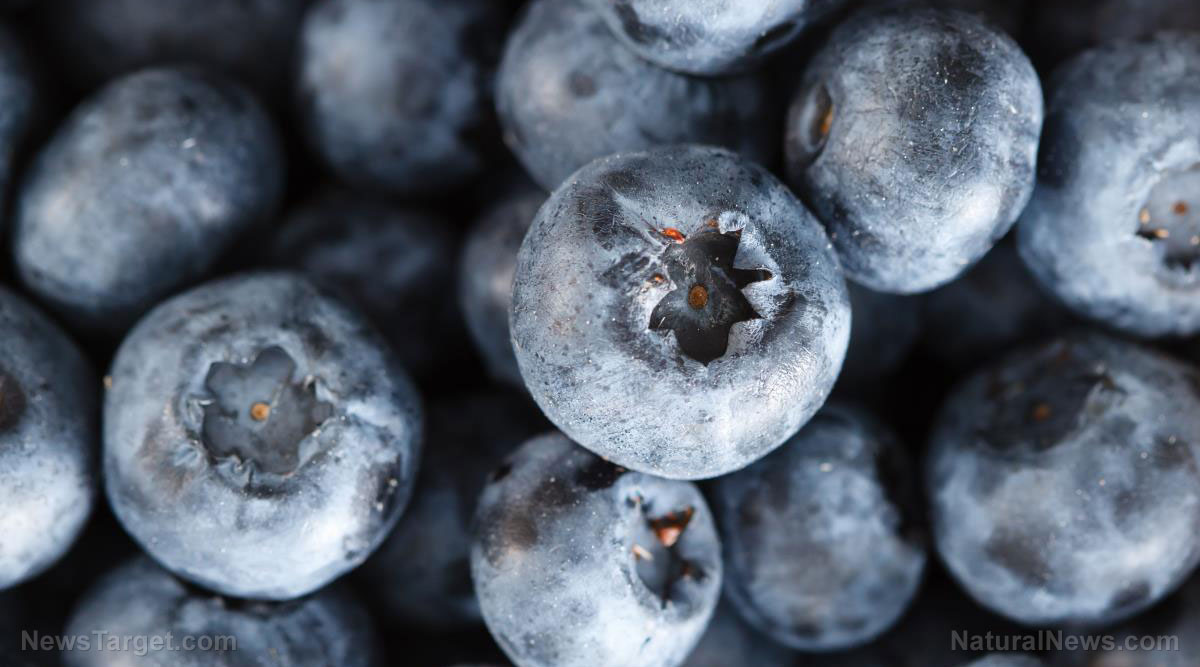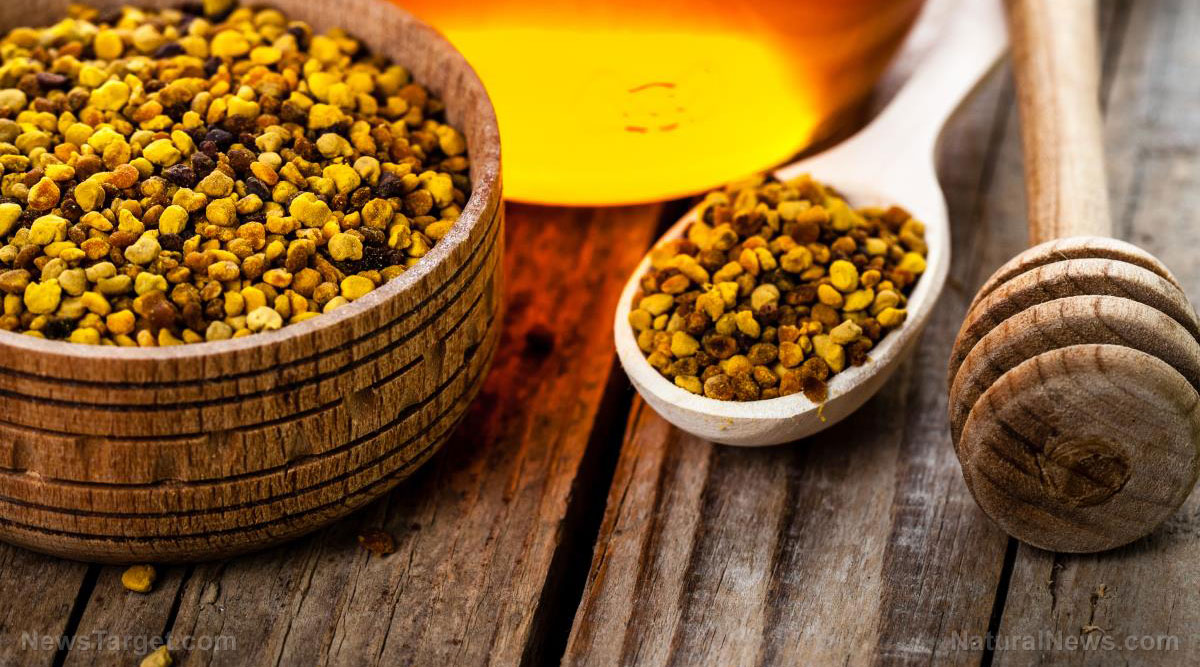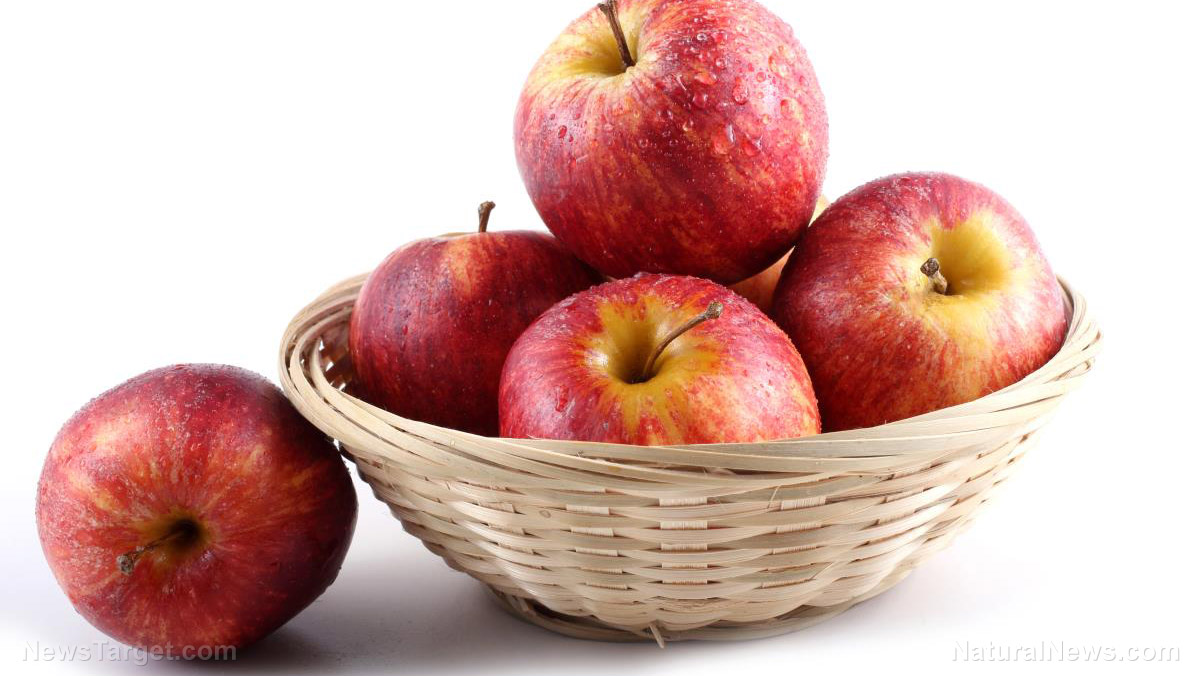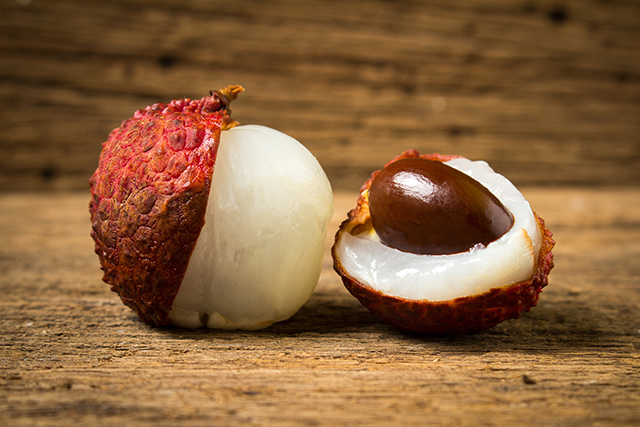Cocoa found to have a powerful inhibitory effect on influenza virus infections
11/07/2018 / By Michelle Simmons
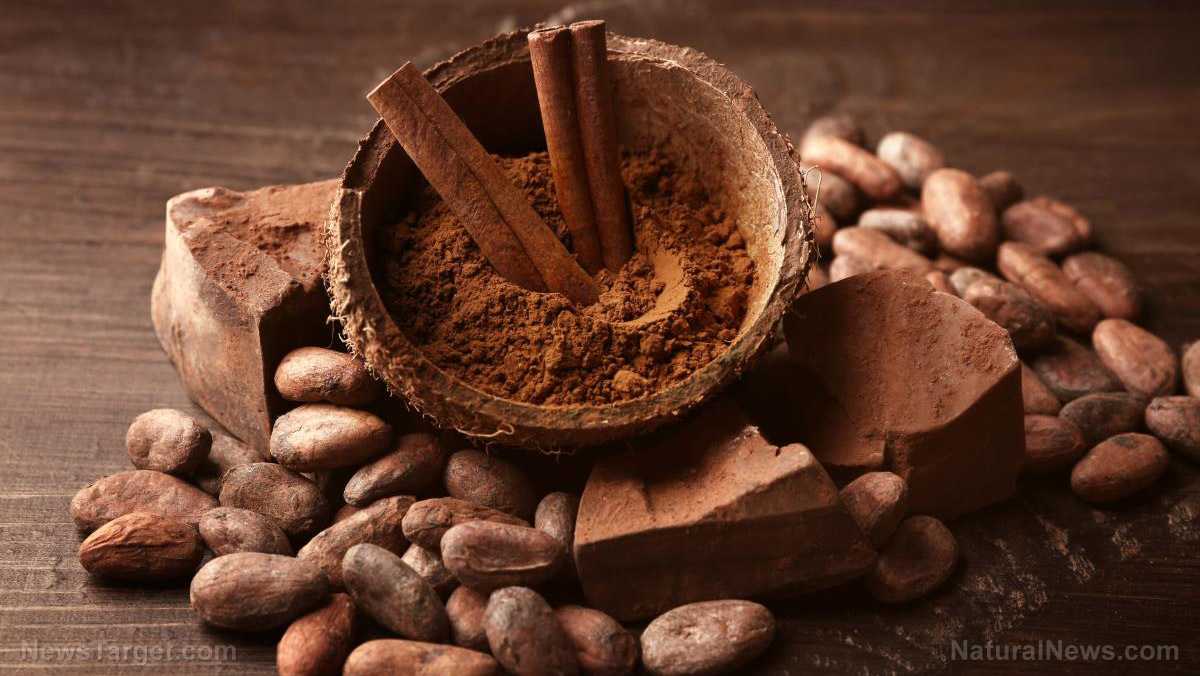
Cocoa can protect against an influenza infection by activating the body’s natural immunity and enhancing immune response, according to a study in the Journal of the Science of Food and Agriculture.
The study, conducted by researchers in Japan, looked the protective effect of cocoa on the influenza virus using both laboratory testing and clinical trials. Cocoa has been previously reported to contain biologically active ingredients that have antimicrobial activity. (Related: Hot chocolate enhances memory, modulates immune cells.)
The researchers prepared a cocoa extract using defatted cocoa powder with boiling water. They used the extract to treat Madin–Darby canine kidney (MDCK) cells infected with human influenza virus A (H1N1, H3N2), human influenza virus B, and avian influenza viruses (H5N1, H5N9). They also used the extract in mice administered with a lethal dose of influenza virus. In human intervention trials, one group of participants consumed cocoa for three weeks, while the other did not.
The results revealed that cocoa extract inhibited viral adsorption in the MDCK cells. In the animal experiments, the cocoa extract significantly improved survival in mice. In human intervention trials, the consumption of cocoa increased neutralizing antibodies against the influenza virus, as well as natural killer cell activity.
Based on the findings of the study, the researchers concluded that consumption of cocoa activates the body’s natural immunity and enhances immune response, providing stronger protection against influenza virus infection and diseases.
Cocoa and its other benefits
Cocoa powder is made from crushed and defatted cocoa beans. In the 16th century, the Spaniards introduced cocoa to Europe and rapidly became popular as a health-promoting medicine. Today, research has proven that it contains important compounds that can be beneficial to health. Here are some of the health and nutrition benefits of cocoa:
- Cocoa is good for the heart: Research shows that cocoa is packed with flavanols, which lower blood pressure by increasing nitric oxide levels and improving blood vessel function. It also relaxes and dilates the arteries and blood vessels and improve blood flow. Cocoa also reduces low-density lipoprotein (LDL) or “bad” cholesterol. These properties have been associated with a lower risk of heart attack, heart failure, and stroke.
- Cocoa is good for the brain: Cocoa is good for the brain because of its high flavanol content that supports neuron production and brain function and improves blood flow and supply to brain tissue. These may contribute to preventing age-related brain decline, such as in Alzheimer’s disease.
- Cocoa may boost mood: Cocoa may also enhance mood and symptoms of depression. It works by reducing stress levels and promoting calmness, contentment, and overall psychological well-being.
- Cocoa may help fight cancer: Cocoa may have promising cancer-fighting properties – thanks to its high flavanol content. It can also be a potent antioxidant and may play a role in preventing cancer.
- Cocoa supports oral: Cocoa has various compounds that have antibacterial, anti-enzymatic, and immune-stimulating properties that may be beneficial to oral health, such as fighting bacteria that cause cavities.
- Cocoa is good for the skin: The polyphenols in cocoa provides significant benefits to the skin. According to studies, it can protect the skin from sunlight and improve skin blood circulation, and enhance the surface texture and hydration of the skin.
Including cocoa to your diet
When incorporating cocoa to your diet, make sure it is unprocessed and of high-quality. You can add cocoa to your diet by eating dark chocolate, drinking hot or cold cocoa, adding it to smoothies, using it in puddings, sprinkling it over fruit, or adding it to your favorite granola bar mixture.
Read more news stories and studies on the natural medicines against viruses by going to AlternativeMedicine.news.
Sources include:
Tagged Under: alternative medicine, Cacao, cocoa, Flu, immune system, infection, influenza virus, natural cures, natural medicine, outbreak, phytonutrients, prevention, viral infection


